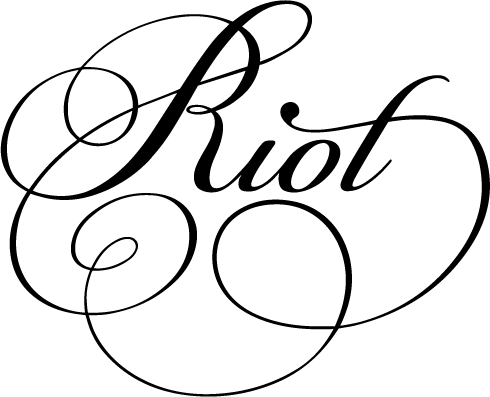Riot Communications has won a three-way pitch to promote the Royal Institution’s annual Christmas Lectures, the Ri’s biggest and most famous, demonstration-based science event for young people.
With the exception of a pause during WWII, the Christmas Lectures have run continuously since 1825 and featured many famous scientists including Nobel Prize winners William and Lawrence Bragg, Sir David Attenborough, Carl Sagan and Dame Nancy Rothwell. This year’s Lecturer will be Professor Alice Roberts, broadcaster and Professor of Public Engagement in Science at the University of Birmingham. Professor Roberts will be exploring the topic of identity in a series of three lectures entitled “Who Am I?”
Robert Davies, Head of Marketing and Communications at the Royal Institution said: “The Christmas Lectures aren’t just about inspiring a love of science, but rather they’re about a critical examination of its place in our lives. In identity, we’ve chosen a topical subject that will resonate with everyone, and Alice will be asking some challenging questions about what identity means in today’s world and what genetic advances in particular might mean for our future. We were really impressed with the way Riot’s pitch went straight to the heart of what we want to achieve through the Christmas Lectures.”
Riot Communications MD Preena Gadher said: “As an agency driven by a desire to work with clients making a positive impact in the world, the Royal Institution is a perfect partner for us; it strives to inspire everyone to think about the role of science in their daily lives and the Christmas Lectures are a crucial platform for that. As the world’s oldest TV science series, the Lectures have become part of the festive tradition in households across the nation for generations. We can’t wait to help spread that magic to even more people.”
The Christmas Lectures will be broadcast on BBC Four between Christmas and New Year.
Photo credit: Paul Wilkinson photography
–ENDS–
For more information contact Emily Souders at Riot Communications: emily@riotcommunications.com / 020 3174 0118
About Riot Communications
Riot Communications is a PR agency specialising in culture and entertainment, because, like our clients, we want to make a positive impact in the world. We passionately believe that culture and entertainment help promote empathy, creativity, respect for others and joy which is why we love what we do.
About the Royal Institution
The Royal Institution’s (Ri) vision is for a world where everyone is inspired to think more deeply about science and its place in our lives. Home to eminent scientists such as Michael Faraday, Humphry Davy and Kathleen Lonsdale, its discoveries have helped to shape the modern world. Just as importantly these scientists recognised the importance of sharing their work with the wider public. Today it continues its mission to build on its heritage and create opportunities for everyone to discover, discuss and critically examine science and how it shapes the world around us. An independent registered charity, the Ri provides science education, public engagement, and heritage activities for people of all ages and backgrounds across the UK and around the world.



